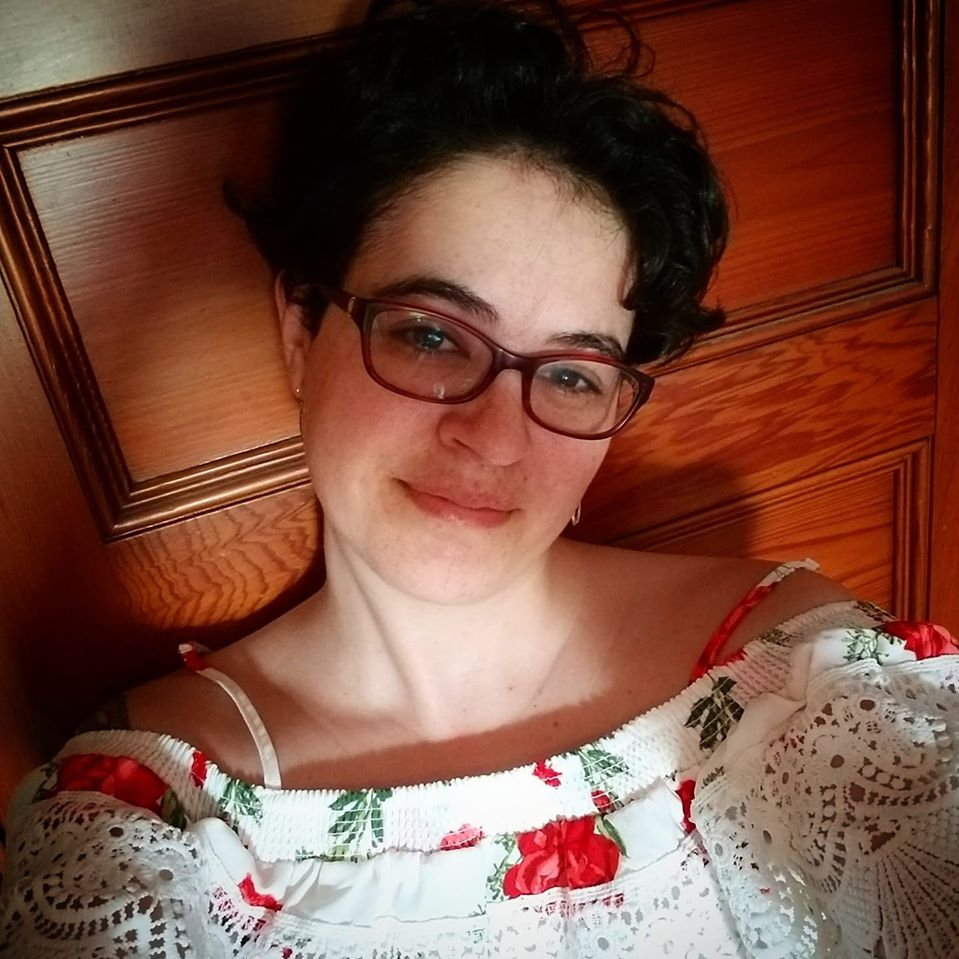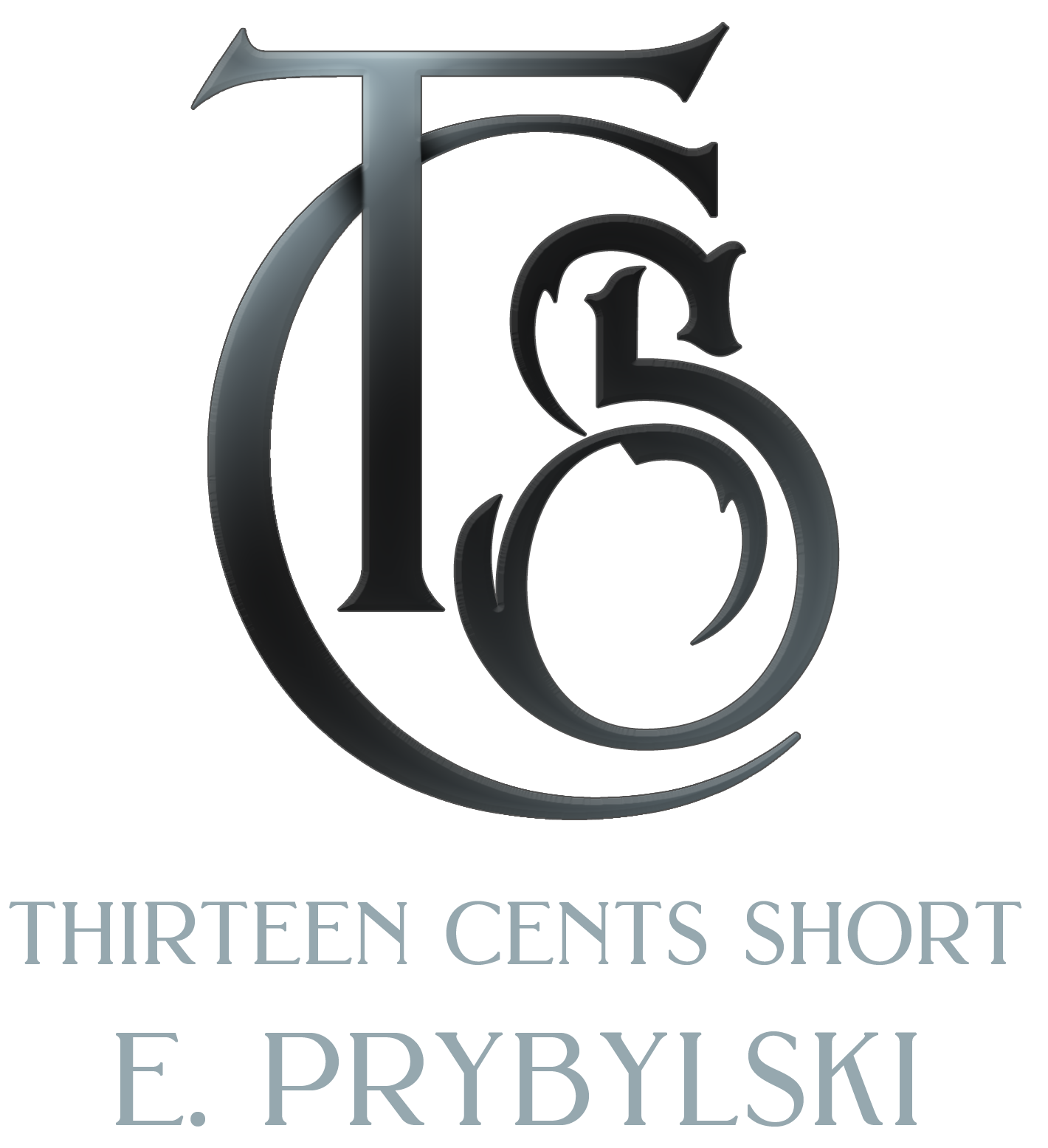I see it all the time: “My novel is a paranormal romance spy thriller with horror elements set in a sci-fi space opera!” I’m sorry. What? Say that again but slower. Also, please give me a chance to pull out my liquor and mix a drink first. No, wait, you know what, please don’t say it again. I’m still processing the first one.
Snark aside, choosing your genre isn’t describing your book. Not really. You’re not trying to explain every single part of your book and everything that could possibly go into it. That’s not what genres really are, and I think that’s the mistake most authors who do genre word salad on social media are making. In order to explain how to choose your genre, let’s talk a little bit about what the genres are, what they mean, how they work, and why they’re important.
So, if you look up “literary genres” on Wikipedia, you’ll see a huge list and probably panic-close the window like I do. My point here is that there are a lot of them. Finding out what genre your book is, is easier than you think. It does require eating some humble-pie and comparing your book to others, however. Genres don’t cover everything that happens in your book, so a lot of authors throw their hands up and say, “Well then what good are they?”
The point of a genre isn’t to pidgeonhole your book. The point is to market your book to people interested in what you’re writing.
E. Prybylski
The point of a genre isn’t to pidgeonhole your book. The point is to market your book to people interested in what you’re writing. While you could make crossover genre arguments for a huge number of works, Amazon only allows a maximum of two genres on any book page. So you will have to narrow it down a lot. Ultimately, the key here is to remember that your genre is nothing more than a marketing tool; it doesn’t really describe your book.
For example, Anne McCaffrey’s Pern books, until the end of the series, read very much like fantasy novels. You have fire-breathing dragons, dragonriders, bards, and the setting feels very Medieval. However, they are listed as science-fiction because toward the end of the series, we see the sci-fi elements of the story emerge. Also because Anne McCaffrey was a dedicated sci-fi author. All her other series were sci-fi, so even though it felt like fantasy, it read like sci-fi and in the end turned out to be exactly that.
Did other things happen in her books? Yes. Romance, investigation, slice of life, thrilling moments, borderline horror at times, and drama abounded. But they were still labeled strictly as sci-fi. Why? Because the people who read sci-fi are the ones who would read and enjoy her books for the most part, though you could argue fantasy elements. I’d call them speculative fiction, myself, but that descriptor wasn’t really around when she was alive and writing, so it’s a moot point.
Readers of certain genres have expectations of books in that genre. If they’re not met, the readers will leave angry, angry reviews and will destroy an author’s work everywhere they have access to. As such, choosing your genre means understanding the expectations readers have and where you can be flexible with them and where you can’t. Bending rules is a conversation for another blog, though.
For example, readers of romance novels absolutely demand a “happily ever after” ending, or at the very least a “happily for now” ending. Happy endings are a must for that genre. If your novel is about two characters who love each other but die in the end? Then it’s a drama, not a romance. I know it might suck a little to be pushed out of a genre by the expectations of others, but remember that publishing books is a business, so we have to conform to what our customers expect within certain boundaries. If you went into a shop that claimed to sell clothes only to find out they only had bananas on the shelves, you’d be pretty cheesed off, too. Not that you might not like bananas, but you wanted pants. (And we’re not talking about banana hammocks here. That’s another store entirely.)
With that in mind, to categorize your book, you should consider other works similar to it and look at how they are categorized. My novel, “Fallen,” is urban fantasy, for example. I could compare it to “The Dresden Files” by Jim Butcher, “Neverwhere” by Neil Gaiman, and “Fairytale” by Garth Nix. It’s definitely different from them, but it has enough similarities that I can comfortably say it would fit on a shelf among them (as far as placement in a library or bookstore is concerned, not that I am comparing myself to literary giants). Do that same kind of analysis for your book. What books would you want yours sitting beside in your local library or bookstore?
What books would you want yours sitting beside in your local library or bookstore?
E. Prybylski
Also, think about who your target market is. Who is going to want to read your novel? Is it going to be for the YA audience? In that case, are the themes age-appropriate? For me, I am pretty sure my audience is mostly the same sort of folks who like the abovementioned books, also people who are into tabletop roleplaying games (a lot of us fantasy nerds are), people who enjoy video games, and so on. That gives me a rough demographic of readers who are between the ages of eighteen and forty and are gamer nerds of various flavors, who like fantasy books, and people who dig nerdy things like I do.
If it sounds like I’m describing myself, you’re not wrong. I’m writing for people like me because I wrote what I enjoyed writing, and since other people who are into the same stuff I’m into might like the things that I like…it’s a fair bet that I have a market there.
“But my book has elements of…”
No. Stop right there. “Elements of…” does not a genre make. Genre definitions tend to be very flexible because no book in them is homogenous. Even within romance and erotica there is a huge amount of variety based on a number of factors. While it might all seem the same from the outside if you haven’t studied the genre, there’s a lot of nuance. Same with fantasy and sci-fi. I would argue that all genres have nuances that aren’t recognizable to people who aren’t fans of the genre. This is, of course, one of the reasons that I tell authors writing in a genre to consume media in that genre. Books, yes, but also try video games, television shows, movies, TTRPGs (tabletop role-playing games), and so on. The more you become familiar with what people who enjoy your genre expect, the more you can ensure that you’re choosing the right genre and sub-genre for your novel.
In the end, your genre does not define you. Your writing defines you. Don’t agonize over your genre and instead recognize it for what it is: a marketing tool. Publishing books (self or trad) is a business, after all, and if you aren’t treating it like a business, you are, sadly, doomed to obscurity. Get to know your business and understand it just like you would any other industry. Treat it, to some extent, like a job and understand that is what is necessary for success. If you do that, you’ll be leaps and bounds ahead of the authors who don’t understand the business of writing and focus only on the art.
You’ll also sell more books.

E. Prybylski has been in the publishing industry as an editor since 2009, starting at Divertir Publishing and eventually partnering with her close friend Richard Belanger to begin Insomnia Publishing.
Ever since childhood, E. has been an avid reader and writer of fantasy. The first chapter book she remembers reading is The Hobbit, followed swiftly by most of Anne McCaffrey’s Pern series. In high school, she perfected the skill of walking while reading without slamming into anyone. Mostly.
When she isn’t reading or writing, E. is an active member of the Society for Creative Anachronism and has a B.A. in European history from SNHU. In addition to her many historical pursuits, E. is a musician of multiple instruments, a cat mom, and a loving wife to her husband, J. E. also speaks out for the disability and chronic illness communities being a sufferer of chronic migraines and Ehlers-Danlos Syndrome.
